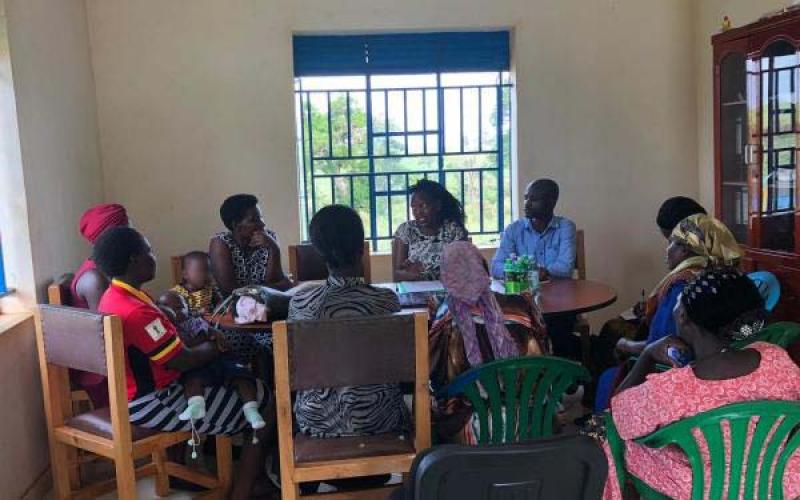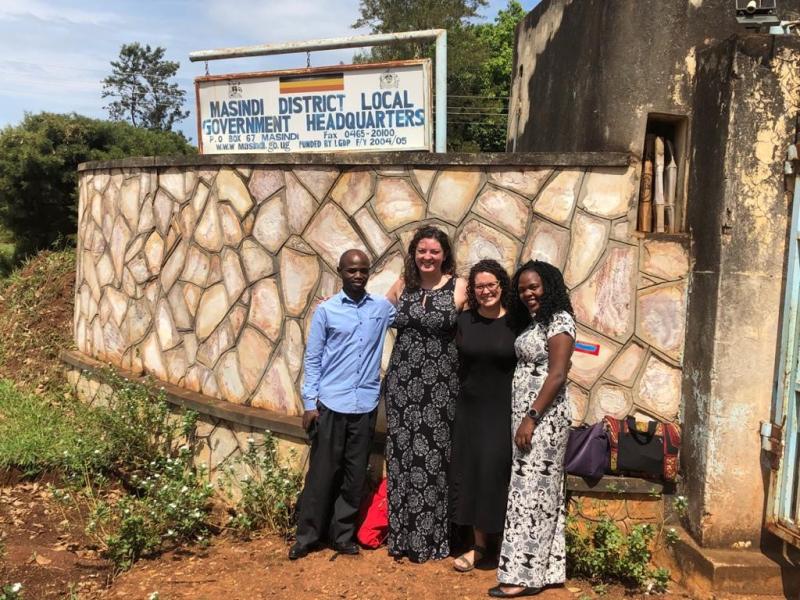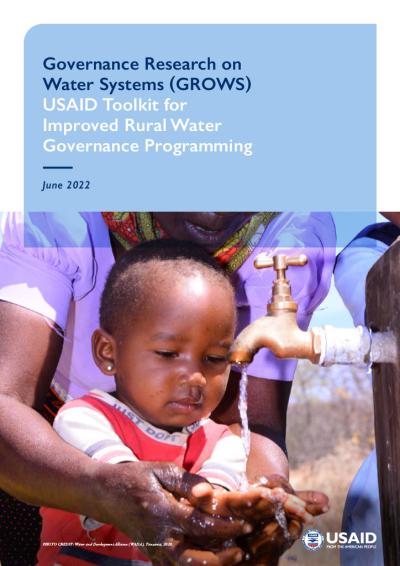This article/story covers activity that took place before June 27, 2025, when Ohio Senate Bill 1 took effect.
Building better relationships between communities, institutions, local government authorities, and private sector water service providers

Outcomes from this project have been made into a toolkit designed to help U.S. Agency for International Development staff develop programming at the intersection of governance and water.
The Situation
Despite decades of work and investment, rates of clean water access have not improved at the pace required to meet the United Nations (UN) Sustainable Development Goals.
As of 2021, approximately 1.2 billion people globally still lack access to basic water services and 2 billion lack access to a safely managed water source.
A major reason for this lack of access is that water infrastructure fails at an alarming rate – an estimated 30% of water systems in Sub-Saharan Africa are not operational at any given time.
Inadequate governance contributes greatly to these challenges. When users can’t rely on water service providers to keep the water flowing, when revenues can’t be collected and payments can’t be traced, when mechanisms are lacking to hold governments accountable, who is responsible for keeping the water flowing?
Growing interest in private sector water services poses new opportunities to improve services. But the impact of private operators on governance is unclear, and poor governance will itself hinder the ability to attract private sector engagement.

Our Work
Government Research on Water Systems (GROWS) is a research activity that focused on rural water services as a lens through which to explore the interconnections between good governance and private sector engagement.
The Global Water Institute worked with The Ohio State University faculty Dr. Amanda Robinson and Dr. Mary Rodriguez in collaboration with researchers and facilitators in Kenya, Tanzania, and Uganda to carry out extensive research for this project.
The work included a desktop review and gathering of in-person information through interviews and focus group discussions across the three focus countries.
Perspectives from community water users, project managers, private sector actors, local and national government authorities, NGOs, civil society organizations, and donors were all incorporated into a comprehensive landscape review.
The project identified 24 tools, techniques, practices, and management approaches that can help improve four critical components of governance: Transparency, Accountability, Trust, and Equity. Improved governance around rural water services was generally found when the following elements were present:
- Technical and administrative support for service providers
- Access to financing for rural water providers, especially in areas without economies of scale
- Regular maintenance checks and repairs by a qualified or professional technician
- Formal documentation of ownership, roles and responsibilities for water services, including performance standards
- Well-defined, agreed-upon and well-known tariff structures
- Community involvement throughout the entire water service delivery process, including planning, decision-making and oversight
- Equitable access to water, regardless of ability to pay
- Incentives (financial or regulatory) to provide water to marginalized groups
- Effective process(es) for recourse / consequences if obligations are not met
- Mass communication (e.g., public meetings, SMS, WhatsApp) with accurate information about water system technical and financial performance that is accessible, understandable, and user-friendly for all.
The results from this project have been made into a toolkit containing various guidance documents and scorecards, which can be accessed here.
The findings from GROWS aim to help advance United States Agency for International Development’s (USAID's) overarching objective of addressing governance challenges that hinder sustainable and equitable economic growth in the following ways:
- Building better governance relationships and trust between communities, institutions, local government authorities, and private sector water service providers;
- Improving fiscal transparency around water services and reducing local corruption; and,
- Improving the accountability of local institutions (local government authorities, water user committees, and service providers) to community members and other water consumers.

